The Creation of the Sun and the Moon (Sistine Chapel), Michelangelo Buonarroti, c. 1512
WE BELIEVE THAT GOD IS OUR FATHER
In Judeo-Christian tradition the one God has revealed Himself to us as "Father" (cf. Isa. 64:7; Matt. 6:9, et al.), suggesting He "is the first origin of everything and transcendent authority; and that he is at the same time goodness and loving care for all his children" (Catechism of the Catholic Church, par. 239).
WHY DO WE BELIEVE THAT GOD IS OUR FATHER?
Jesus commonly referred to God in prayer as "Father," recommending that His followers do the same (cf. Matt. 6:9). He took the further step, in fact, of referring to God as "Abba" (cf. Mark 14:36), which translates from the Aramaic as "Daddy." Of all religions, only Christianity dares suggest so close a relationship with the divine.
To call God Father is not to assign Him a sex. As the Catechism of the Catholic Church affirms, “God transcends the human distinction between the sexes. He is neither man nor woman: he is God” (par. 239). Because woman, too, was made in His image and likeness, furthermore, we should not be surprised to find passages of Scripture that ascribe feminine or motherly attributes to God (cf. Isa. 63:13; Matt. 23:37, et al.). And yet whenever His identity, who He is, is revealed, it is always “Father.”
While radical feminism may dismiss God's paternal title as a holdover from past patriarchal societies, calling God Father is more than mere sociology; it is a matter of divine revelation. Theologically speaking, God is Father because fathers send life, and He is the Creator. The Church, on the other hand, is called “Mother” because mothers receive life, and she receives life-giving grace from Him. Conversely, to call God Mother would be to deny His sovereignty as the Giver of Life—a grave matter indeed.
Learn more about God the Father in the Catechism of the Catholic Church.

